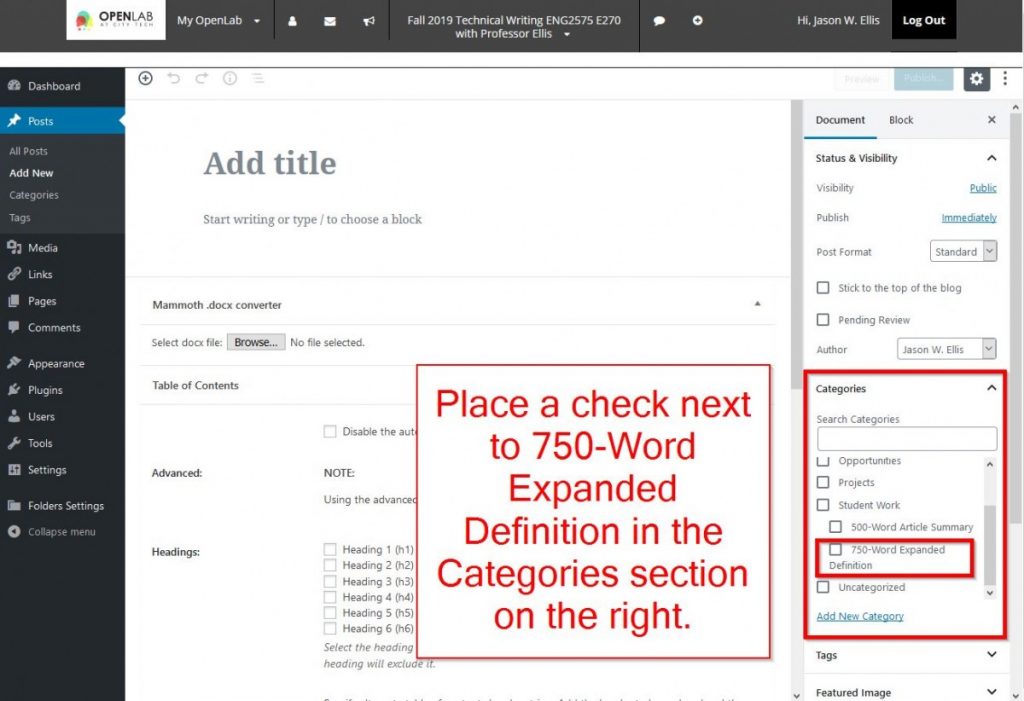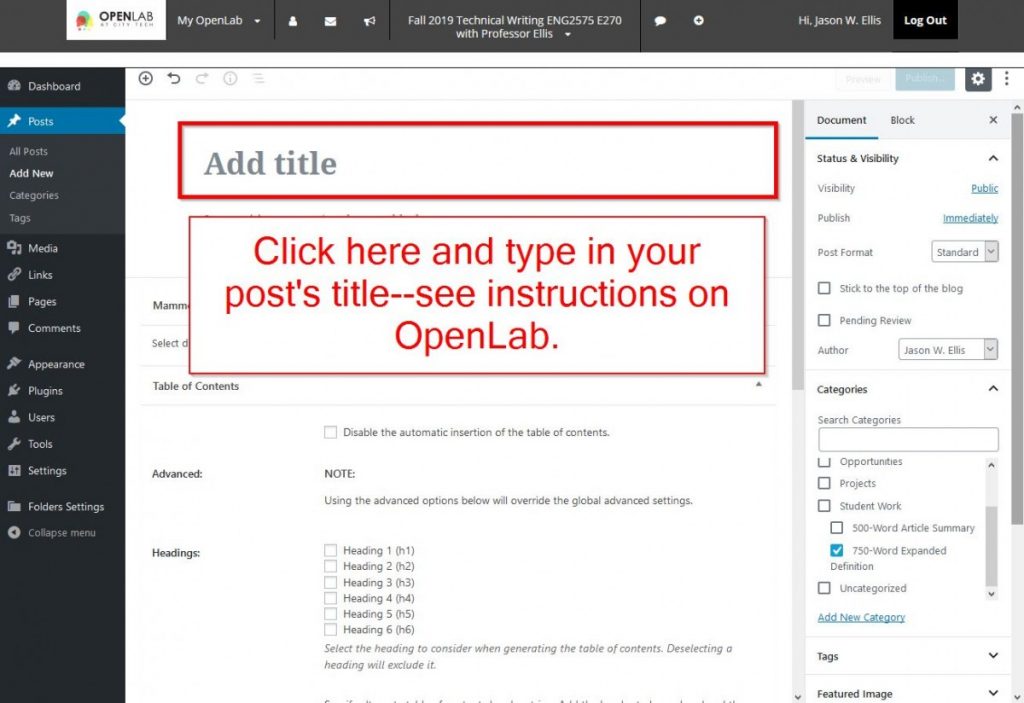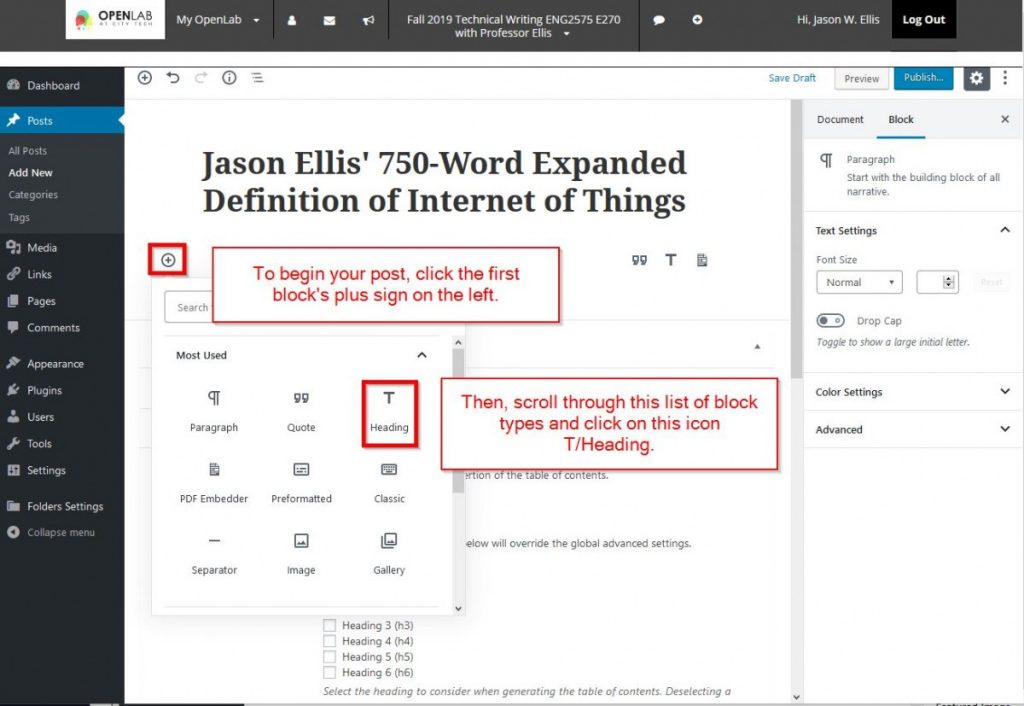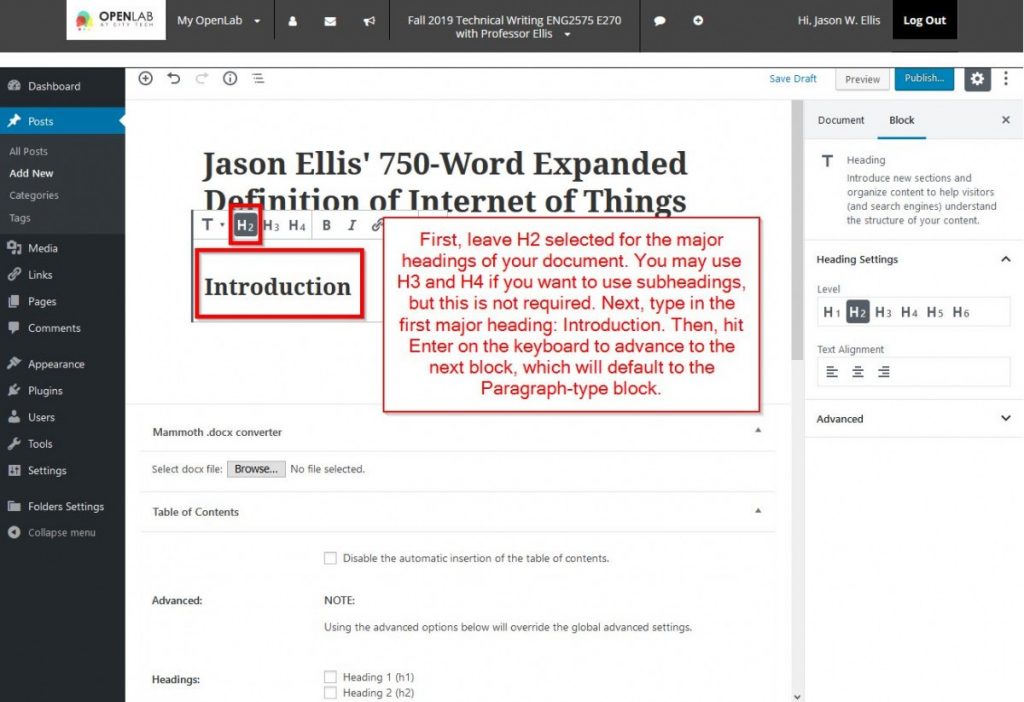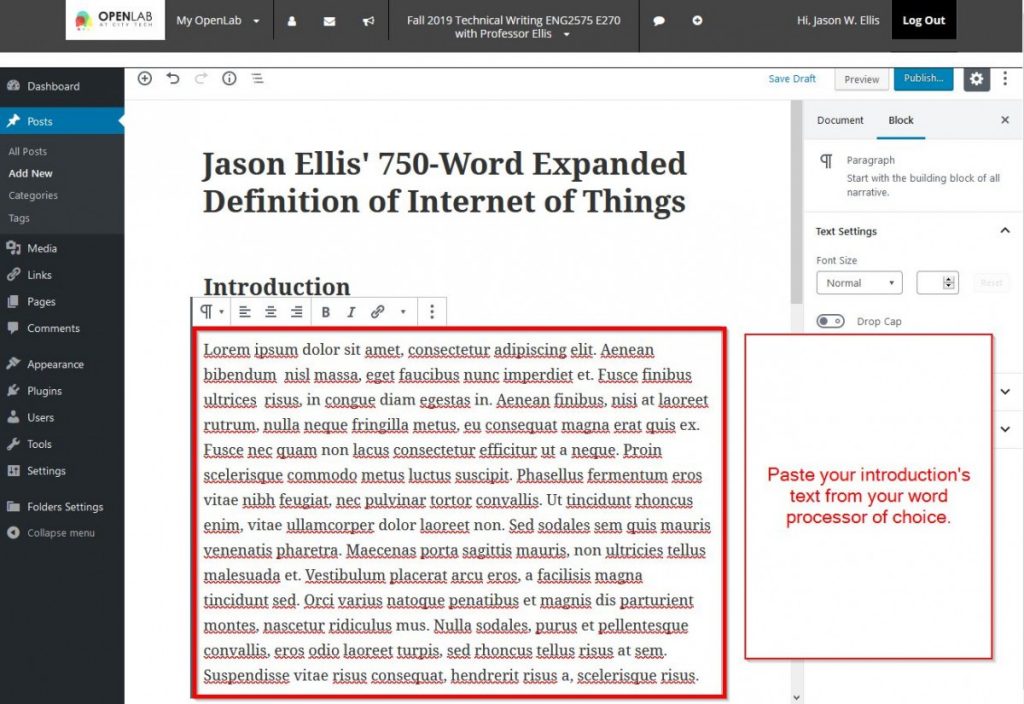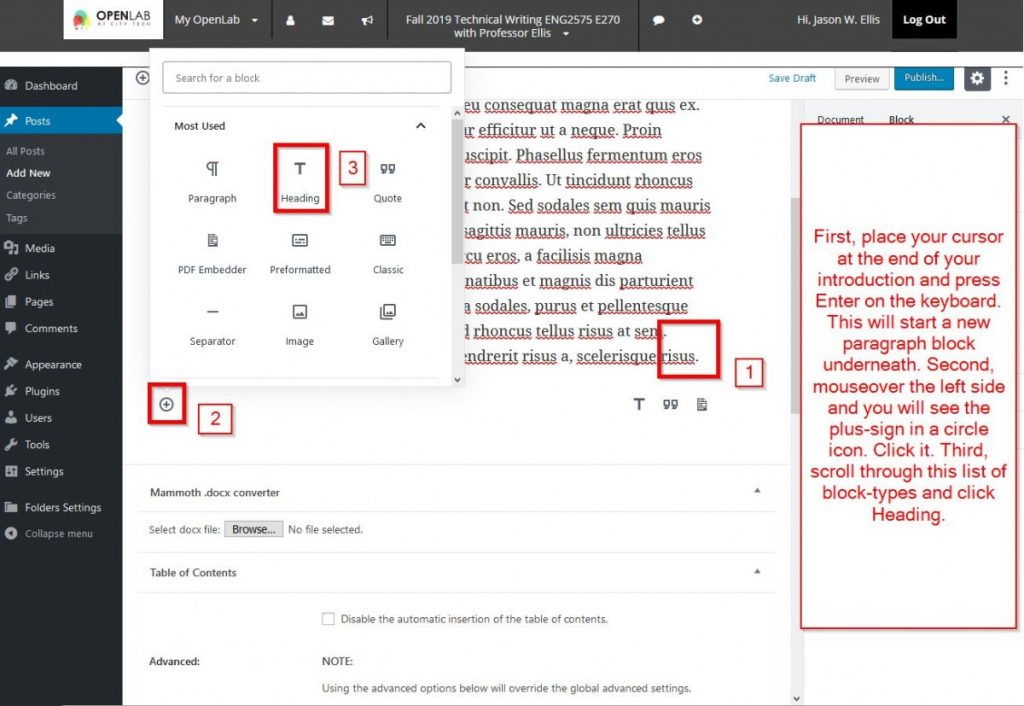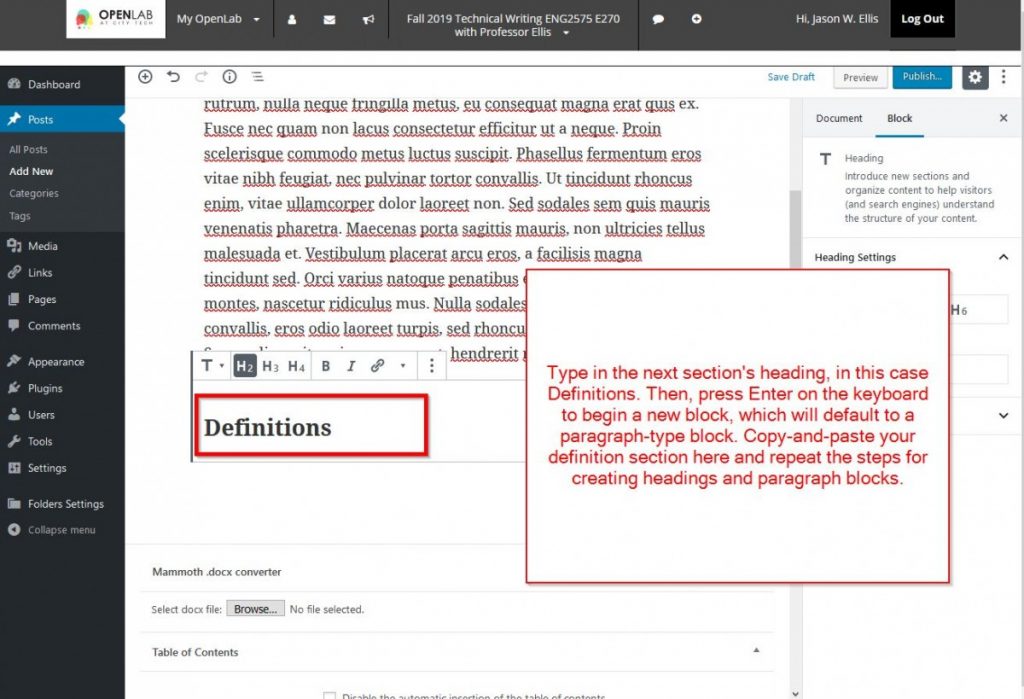We’re going to have a fun but challenging task for today’s beginning of class writing assignment. The idea is to write a short summary of the article that you read for today’s class using only the 1,000 most used words in the English language.
Consider our current project, the 750-Word Expanded Definition. We are relying on definitions and contextual examples of a technical term to better understand it. In a sense, you are doing the work of lexicographers. Lexicographers compile lists of words, study the meanings of words, create dictionaries, and study a variety of things relating to words, including the prevalence of particular words at particular points in time–i.e., which words are used more than others.
This idea of word use in a given point of time brings us to today’s task. Merriam-Webster’s dictionary reports that there are about 470,000 defined English words. Science Magazine tells us that the average 20-year-old knows about 42,000 words.
Why restrict ourselves to using a fraction of words that we and others might know? This exercise helps us think about how to think differently about the words and the concepts that they represent. It is a metacognitive activity that helps us break down more complicated words into less complicated descriptions. Also, it might be beneficial to think about how to use a simplified vocabulary to communicate with someone who doesn’t yet have your level of expertise in the English language.
The idea is to use only the most used 1,000 words comes from the webcomic artist Randal Monroe, who has done this on xkcd.com with the Up Goer Five (or the Saturn V rocket):
To help us with the task, Monroe built a tool called Simple Writer. Type your summary in that box and it will highlight in red any word that isn’t in the 1,000 most used words (according to his calculations). Think about how to break down terms into simple words. Think description. It requires thought and experimentation.
For this writing assignment, I would like you to use Simple Writer to write three or four sentences summarizing the article that you brought to class today. When you have finished writing it, copy and paste it into a memo with a memo head addressed to me and a subject (Summary of Article about X Using Only the 1,000 Most Used English Words), and write an APA Bibliographic citation for your magazine article to follow your summary. The memo header and the bibliographic entry are not bound by the 1,000 most used English words.
When you’re done, copy-and-paste your full memo into a comment to this post. Your finished memo should look like this:
TO: Prof. Jason Ellis FROM: Your Name DATE: 9/24/2019 SUBJECT: Summary of Article about X Using Only the 1,000 Most Used English Words Use Simple Writer to help you write a brief summary of your article using only the 1,000 most used English words. Don't worry about including the author's name or title of the article. Write three or four sentences. Author, A. A., Author, B. B., & Author, C. C. (Year). Title of article. Title of Periodical, volume number(issue number), pages.
If you need additional help with your APA bibliographic citation, check out their guidelines for articles appearing in periodicals here.
